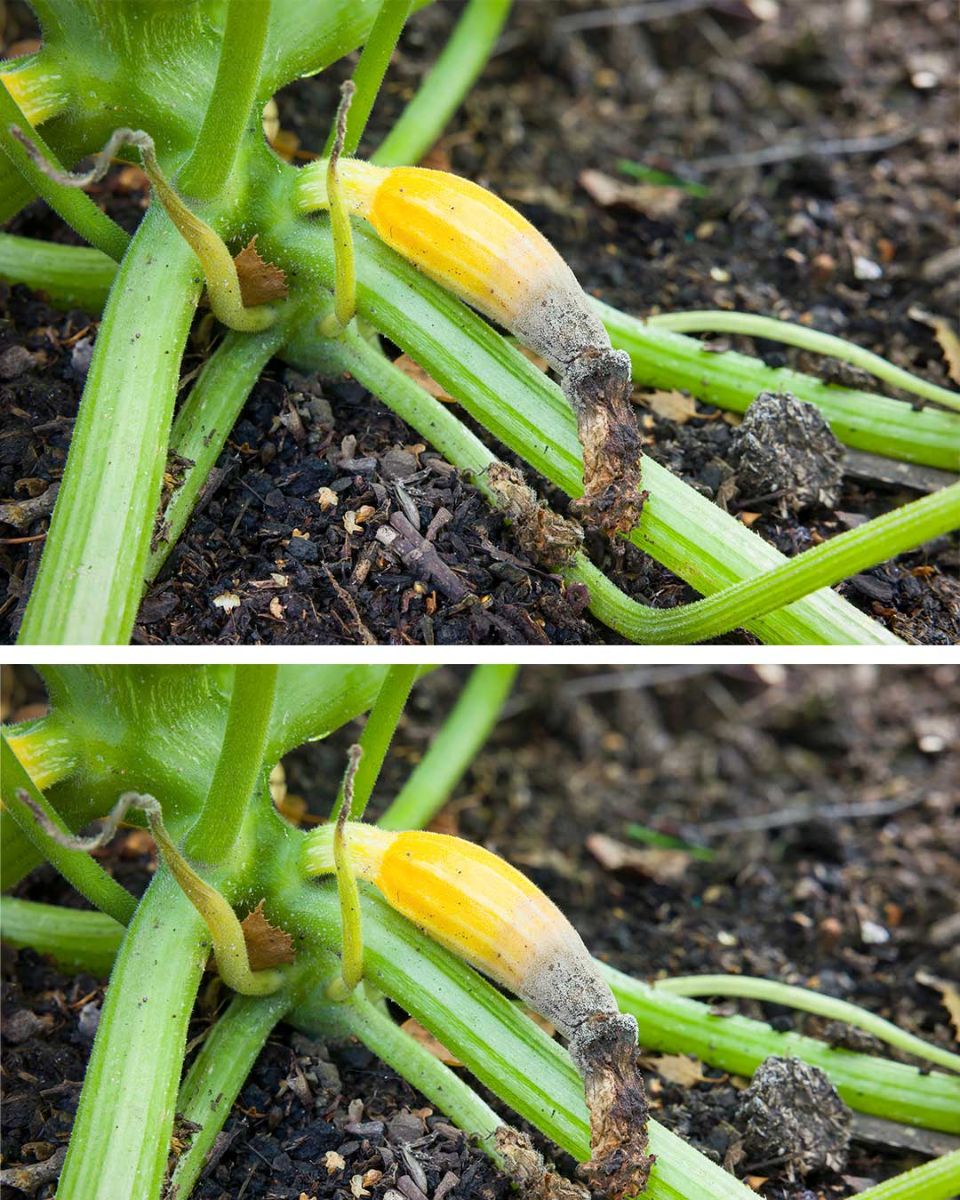Blossom end rot can be a frustrating problem for gardeners, especially when it affects beloved vegetables like zucchini and squash. This common issue manifests as a dark, sunken spot on the blossom end of the fruit, making it unsightly and often inedible. However, with the right knowledge and practices, you can effectively prevent blossom end rot in your garden. Implementing these methods can mean the difference between a bountiful harvest and a disappointing one, ensuring your hard work translates into delicious, home-grown produce.
Here are nine essential tips to keep your zucchini and squash healthy and rot-free:
1.Maintain Consistent Soil Moisture
Fluctuations in soil moisture levels can lead to blossom end rot. Ensure your garden soil remains consistently moist by watering regularly, especially during dry spells.
2.Mulch Your Plants
Applying mulch around your zucchini and squash plants helps retain soil moisture and keeps the roots cool. Organic mulches like straw or compost can be particularly beneficial.
3.Test Your Soil
Blossom end rot is often caused by a calcium deficiency. Conduct a soil test to determine the nutrient levels in your garden and amend the soil as needed to ensure adequate calcium availability.
4.Use Calcium Supplements
If your soil test indicates a calcium deficiency, consider using calcium supplements such as lime or gypsum. These can be worked into the soil before planting and periodically throughout the growing season.
5.Avoid Over-Fertilization
Excessive nitrogen fertilization can interfere with the uptake of calcium by plants. Use balanced fertilizers and follow recommended application rates to avoid over-fertilizing.
6.Water in the Morning
see continuation on next page
ADVERTISEMENT
ADVERTISEMENT
